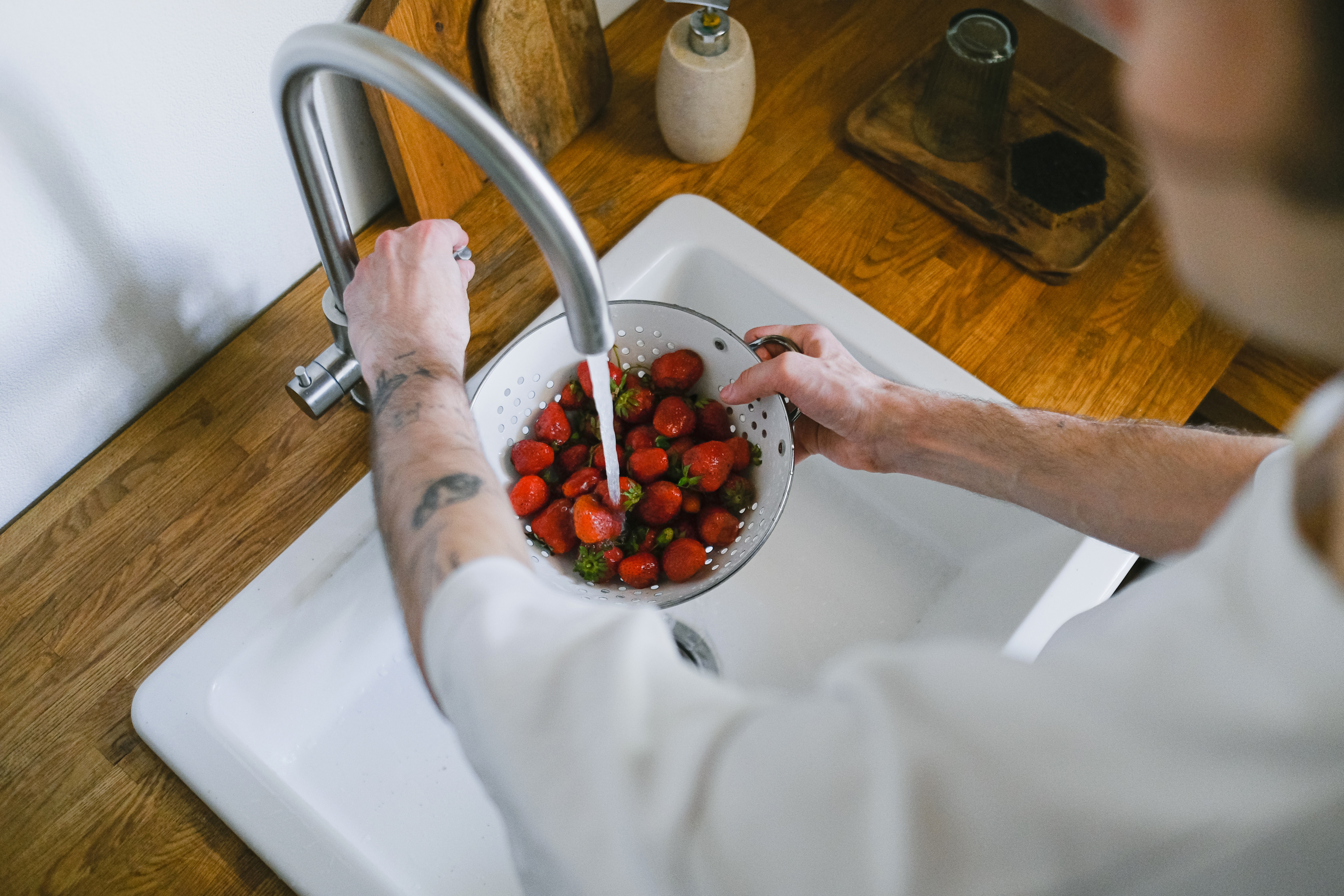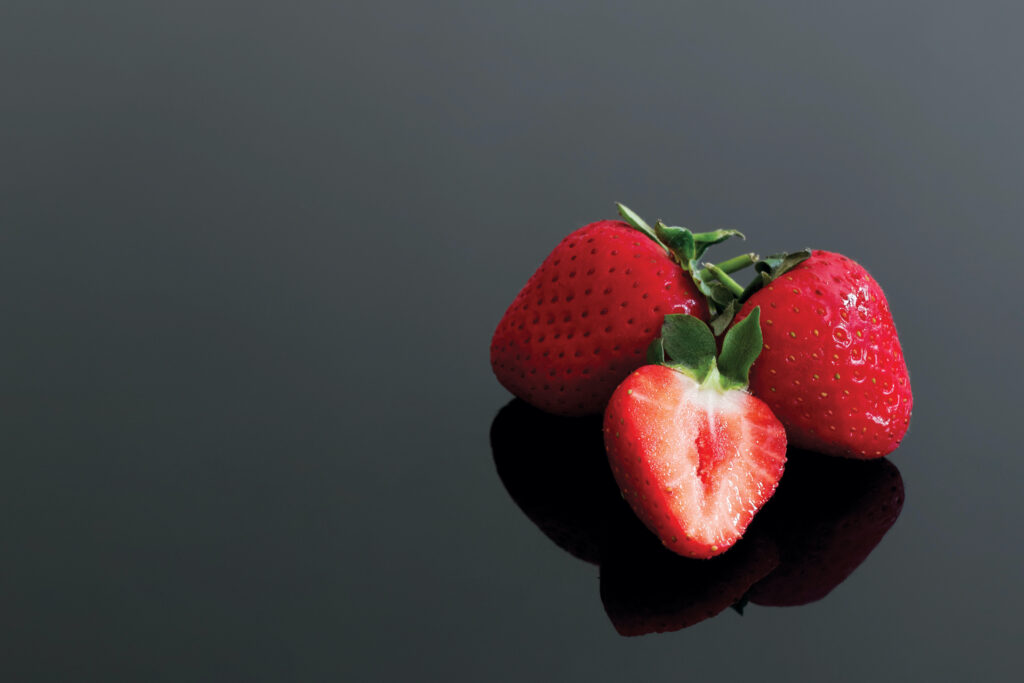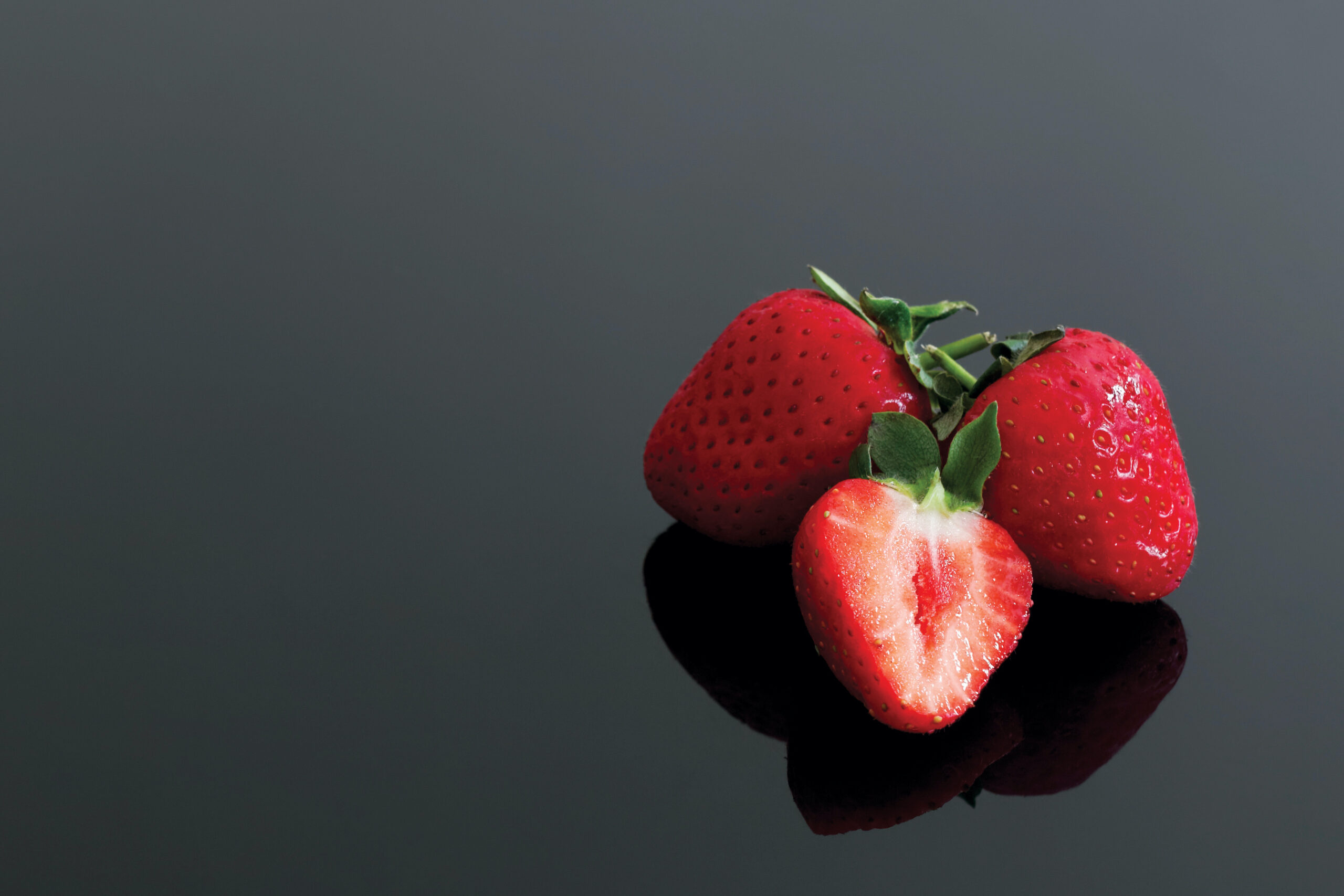Some of the links on this page are affiliate links, which means that Buzzy Kitchen earns commission from purchases made – at absolutely no extra cost to you. Thank you so much for supporting Buzzy Kitchen!
It’s always sad when you have to throw a bunch of fresh strawberries away because you didn’t get the chance to eat them before they started to turn bad. There are ways to prolong the lifespan of those delicious red berries, though. You can freeze them, amongst other things. But do you wash strawberries before freezing? And can you thaw them out?
Why don’t we take a look?
Do You Wash Strawberries Before Freezing?
Yes, you should wash strawberries before freezing.
This rule applies to most, if not all other fruits, too.
Fruits that are purchased in the supermarket, particularly loose fruits, will likely have been handled by a huge number of people. This will include supermarket workers, the general public, and more. You have absolutely no idea who has touched your fruit, what contagious conditions they may have, and what other bugs, bacteria or insects may have joined the party along the way.
(We’ve all seen those news stories about poisonous spiders and suchlike in bananas that have been purchased from a supermarket, right?!)

Photo by Anna Shvets | Pexels
The risks are relatively slim, of course. Most fruits are already washed and cleaned before they even get to the supermarket. That doesn’t mean you should skip that part of the food preparation journey, though. You are putting the food in your mouth; it just makes sense to wash it first – before freezing, cooking, or eating.
It is important to give your strawberries a soft pat down with a paper towel before you prepare them for freezing.
If you freeze strawberries that are still wet, you’ll have a higher risk of them turning mushy when you take them out the freezer and prepare to cook with or eat them. This is because the water will turn to ice and then expand inside the fruit itself.
Can You Freeze Strawberries and then Thaw Them?
Yes, you can freeze strawberries and then thaw them.
You might find that your strawberries are a little mushier than you’re expecting when they are fully defrosted, however.
Because of this, it is recommended to cook with (or serve up) the strawberries when they are almost fully thawed out, but not completely. At this point, they will still retain the typical strawberry texture.
Does Freezing Strawberries Kill Bacteria?
No, freezing strawberries does not kill bacteria.
The bacteria will be paused, as such. It will be as if they have been frozen in time.
Bacteria cannot grow or multiply under very cold temperatures, such as in the freezer, but they are not killed. They are simply dormant.
Once those strawberries have been thawed out, or even partially thawed out, the bacteria will become active again and start multiplying.
Does Freezing Strawberries Destroy the Nutrients?
No, freezing strawberries does not destroy the nutrients.
If the strawberries are properly frozen and stored, they will be just as nutritious when you take them out of the freezer, as when you put them in.

Fruit freezes relatively quickly, including strawberries. Because of this, any vitamins, minerals and other nutrients in the fruit will stay fairly level — it will not decrease.
If you freeze strawberries quickly after they are harvested or purchased, they will retain more of the vitamins.
All fruits have a higher nutritional value when they are just-picked. The longer you wait to freeze, cook, or eat your strawberries, the less of the ‘good stuff’ – aka vitamins and minerals – will be present.
If you buy a large punnet of strawberries from the supermarket and you know you won’t eat them all before they start turning bad, it’s best to freeze them (or most of them) as soon as you get them home and into your kitchen.
